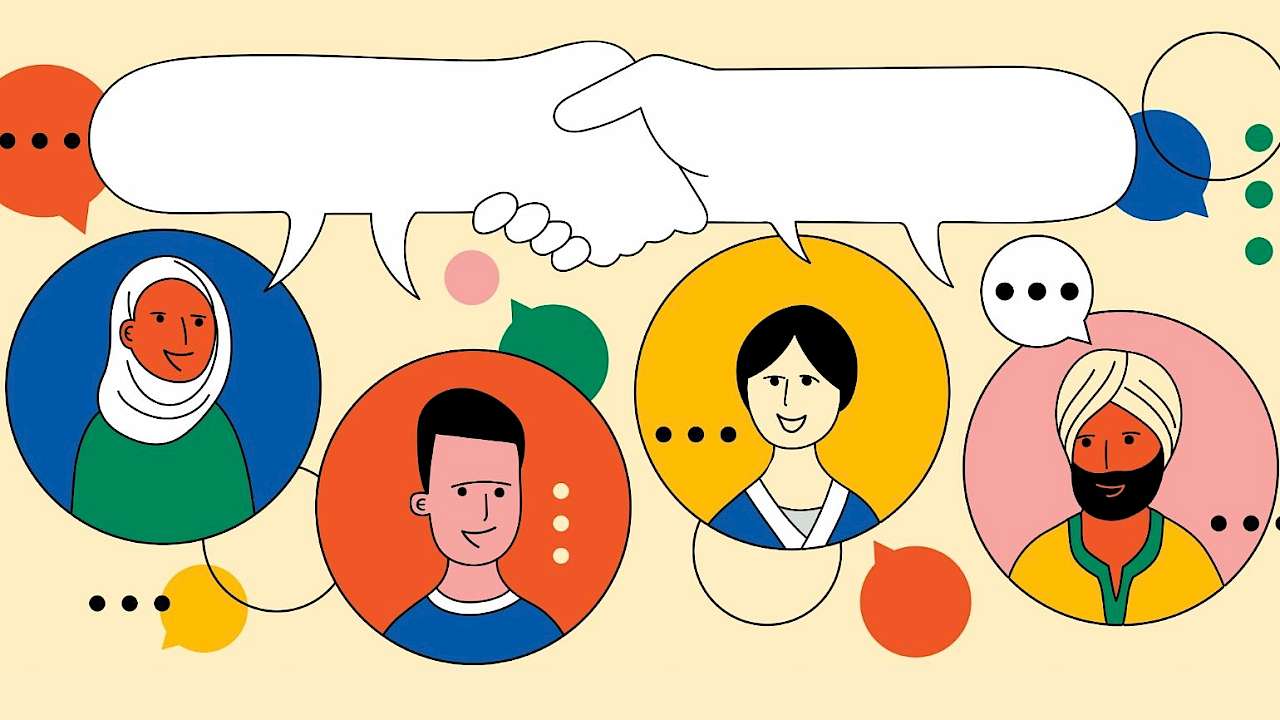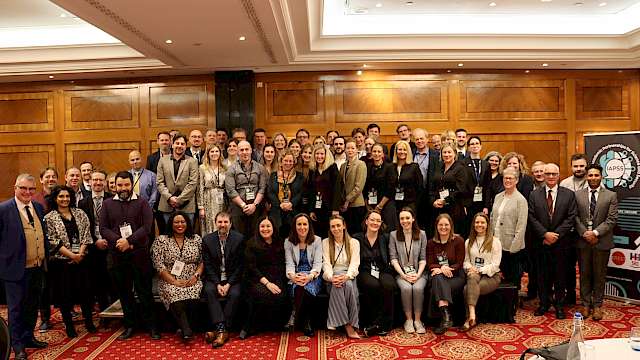Even in domestic settings with increasing cultural diversity, the success of investigative interviewing and effective source handling hinges on adept information-gathering practices. Building rapport, broadly defined as the quality of the connection between an interviewer and interviewee, is key for effective interviewing and is associated with positive information-gathering outcomes. However, research on rapport in cross-cultural interviews is limited, and misapplying the norms of one culture to another may not always fare well. While the fundamental impact of demonstrating basic humanity and authentic genuine consideration for an interviewee is likely universal, effective interviewers must be culturally competent to effectively build and maintain rapport, particularly when exploring sensitive topics in cultural contexts different to their own.
What is culture?
Culture is a dynamic and intricate collection of shared systems, meanings, and practices within a social group. It arises from the group’s history and experiences, influencing social interactions and relationships at all levels, from individuals to society. Cultural influence extends to cognitive processes, such as memory, and social processes, such as communication. In investigative settings, the interactions between interviewees and interviewers can also be shaped by these cultural contexts, whether implicitly or more explicitly.
How might cultural factors manifest in rapport building?
Investigative interviewing techniques typically originate from Western contexts, with limited consideration of cultural differences. While some research has examined the effectiveness of techniques in different cultures, few explicitly incorporate adaptations for cultural sensitivity. Anecdotal evidence suggests that cultural misunderstandings can lead to inefficiencies and frustrations being experienced by both parties during interviews.
Beyond cultural differences in memory accounts, which are reasonably well documented, differences in communication preferences are also likely to impact the progress of information-gathering interviews, including the development of rapport. Dominant theoretical frameworks accounting for communication preferences distinguish between low-context (usually more individualistic) and high-context (usually more collectivistic) communication cultures.
While individualistic cultures tend to prefer explicit, direct communication, collectivistic cultures tend to rely on indirect communication and contextual cues. In low-context communication cultures, relationships can be established quickly and get directly to the task. This is less likely to be a successful approach in high-context communication cultures where interviewers may need to spend more time on rapport-building efforts.
Anecdotal evidence suggests that cultural misunderstandings can lead to inefficiencies and frustrations being experienced by both parties during interviews.
Relatedly, cultural differences in power distance (adherence to social hierarchy) and uncertainty avoidance (tolerance for unpredictability in social arrangements) likely impact communication dynamics during interviews, affecting rapport-building and the willingness of interviewees to express their views.
Honour culture, prevalent in various forms globally, adds another layer of complexity as the need to protect or maintain honour (or, in other contexts, ‘save face’) can influence the willingness of witnesses to disclose information, particularly for sensitive topics such as sexual assault.
Given this landscape of cultural differences, interviewers need to be adaptable and flexible when building rapport with the person in front of them.
How can interviewers prepare for effective cross-cultural interactions?
In recent focus group research carried out with investigators experienced in conducting cross-cultural interviews, Hope and colleagues (under review) explored the perspectives of 66 practitioners concerning building rapport in interviews with people from diverse cultural backgrounds. Practitioners identified the importance of:
- Careful interview preparation taking account of cultural norms and expectations.
- Being alert to the needs of the interviewee during the interview, which might present differently across cultures.
- Using communication informed by an understanding of cultural norms and preferences
- Understanding the impact of social hierarchy in the interviewee’s culture.
Practitioners also warned against applying the broad strokes of cultural expectation at the level of a single individual to whom they might not apply. They noted the additional challenges of conducting such interviews via interpreters or in less than fluent second languages.
These observations underscore the significance of cultural competence in interviewing. Cultural competence, well-established as a key educational component in other domains (e.g., healthcare), involves three main elements: cultural awareness (being aware of one’s own ethnocentric beliefs and expectations), cultural knowledge (acquiring information about other cultures) and cultural skills/behaviour (possessing effective communication and behavioural skills for interacting with diverse people).
Conclusion
There is no one-size-fits-all approach for conducting cross-cultural interviews, but we know that cultural competence and adaptive rapport-based techniques are crucial. It is also worth remembering that best practices (e.g., open prompts, non-judgmental approach, non-leading questions) remain paramount. Simply put, the use of demonstrably ineffective interviewing methods such as hostility, leading questions, or failing to attempt to engage with an interviewee is unlikely to yield success in any cultural setting. And for effective rapport building, cross-cultural interviews, like all interviews, require a nuanced understanding of individual interviewee needs within their cultural context.
Read more
Hope, L., Anakwah, N., Antfolk, J., Brubacher, S.P., Flowe, H., Gabbert, F., Giebels, E., Kanja, W., Korkman, J., Kyo, A., Naka, M., Otgaar, H., Powell, M. B., Selim, H., Skrifvars, J., Sorkpah, I. K., Sowatey, E. A., Steele, L. C., Wells, S., … Anonymous (2022). Urgent issues and prospects at the intersection of culture, memory, and witness interviews: Exploring the challenges for research and practice. Legal and Criminological Psychology, 27, 1–31. https://doi.org/10.1111/lcrp.12202
Anakwah, N., Horselenberg, R., Hope, L., Amankwah-Poku, M., & van Koppen, P. J. (2020). Cross-cultural differences in eyewitness memory reports. Applied Cognitive Psychology, 34, 504–515. https://doi.org/10.1002/acp.3637
Wang, Q. (2021). The Cultural Foundation of Human Memory, Annual Review of Psychology, 72, 151-179.
Copyright Information
As part of CREST’s commitment to open access research, this text is available under a Creative Commons BY-NC-SA 4.0 licence. Please refer to our Copyright page for full details.
IMAGE CREDITS: Copyright ©2024 R. Stevens / CREST (CC BY-SA 4.0)








